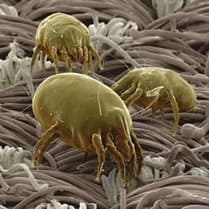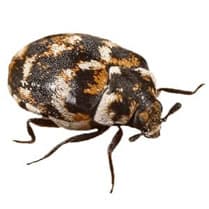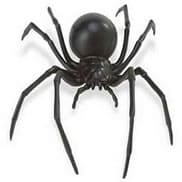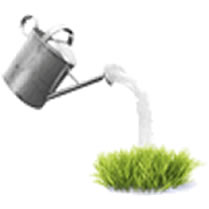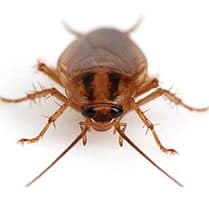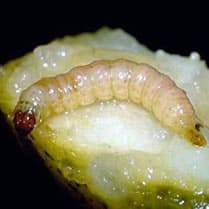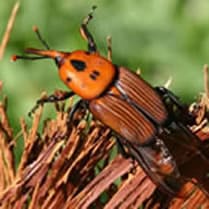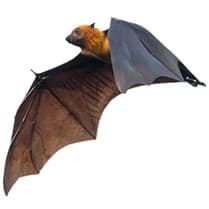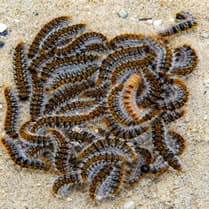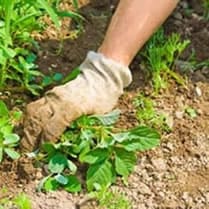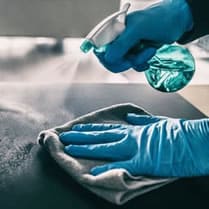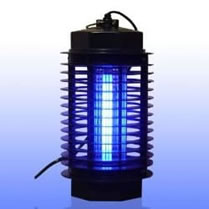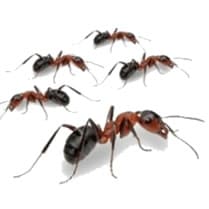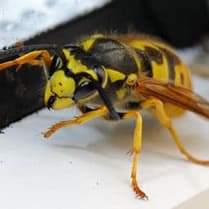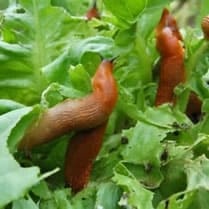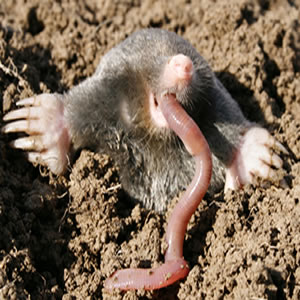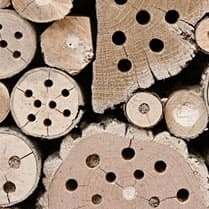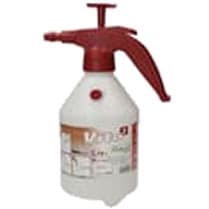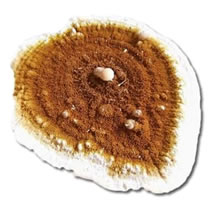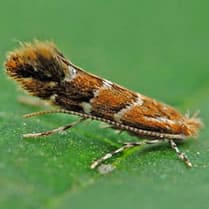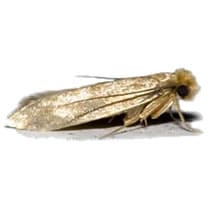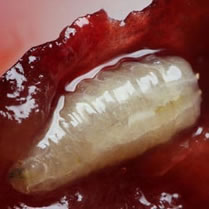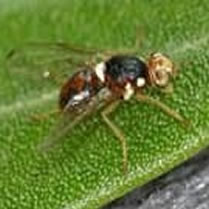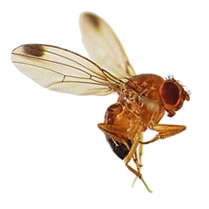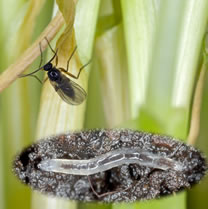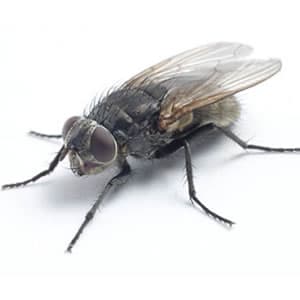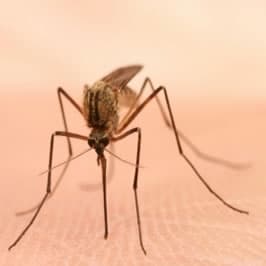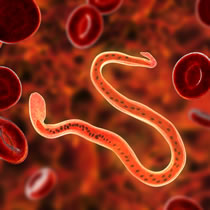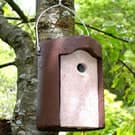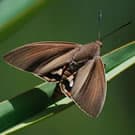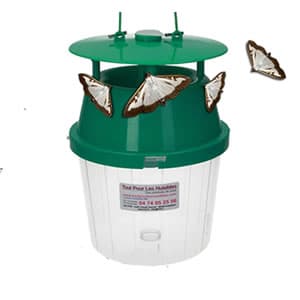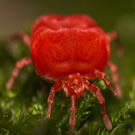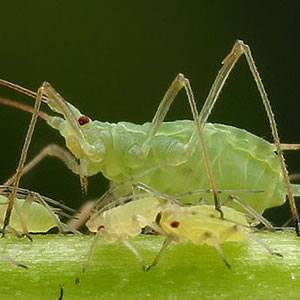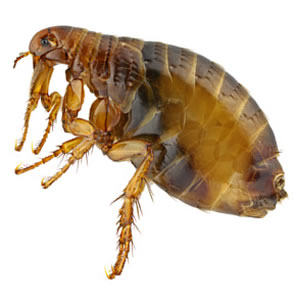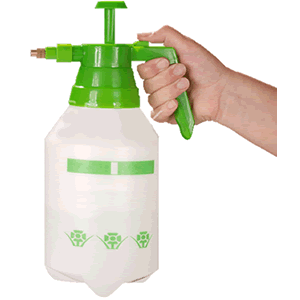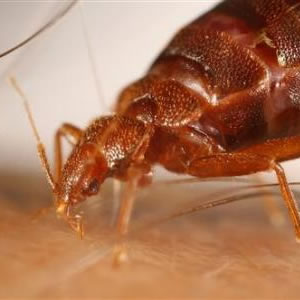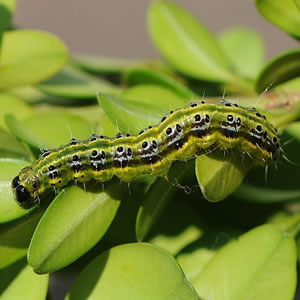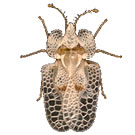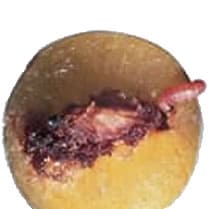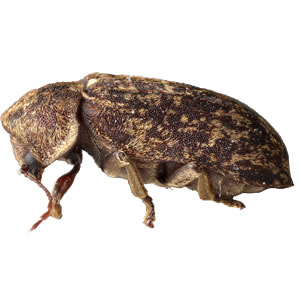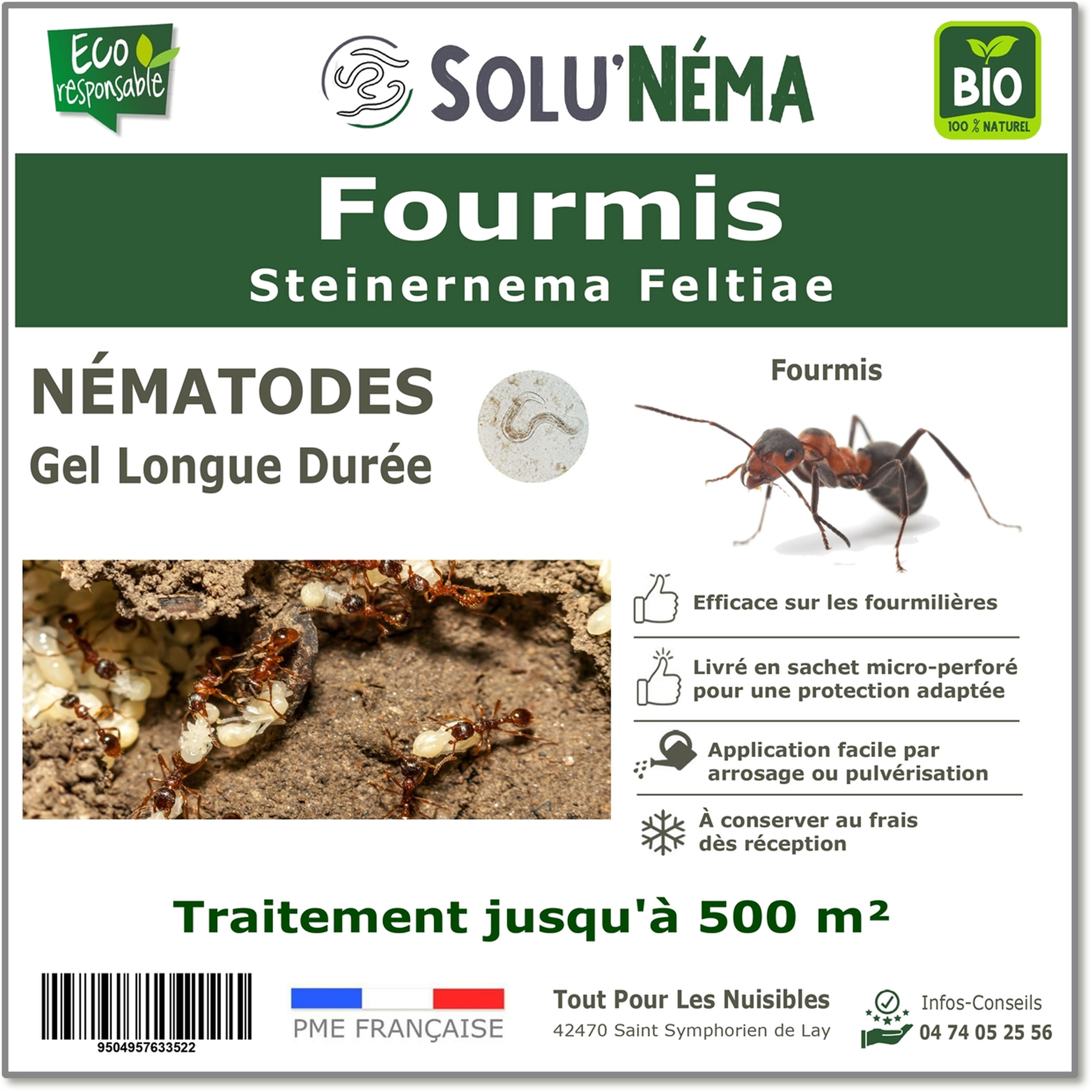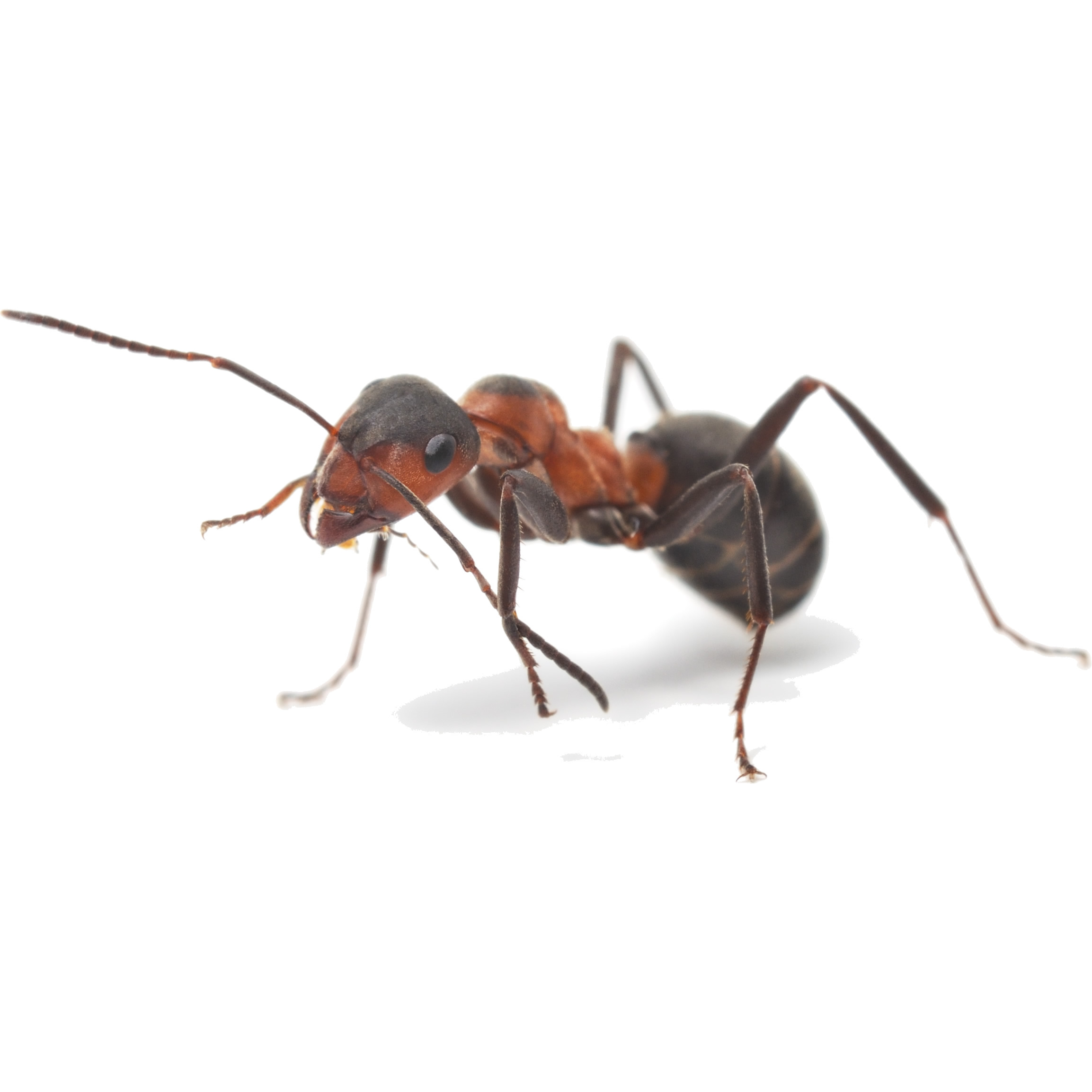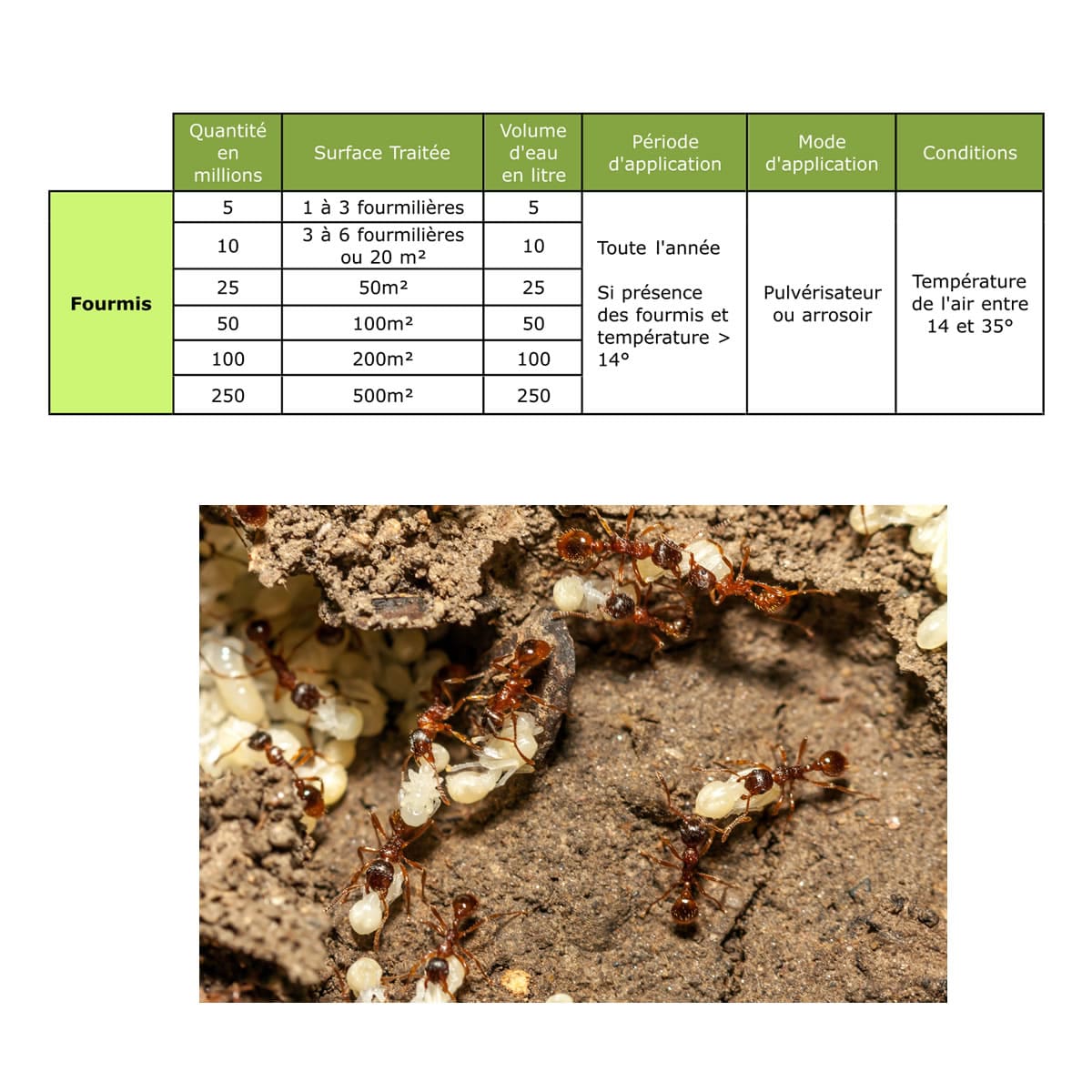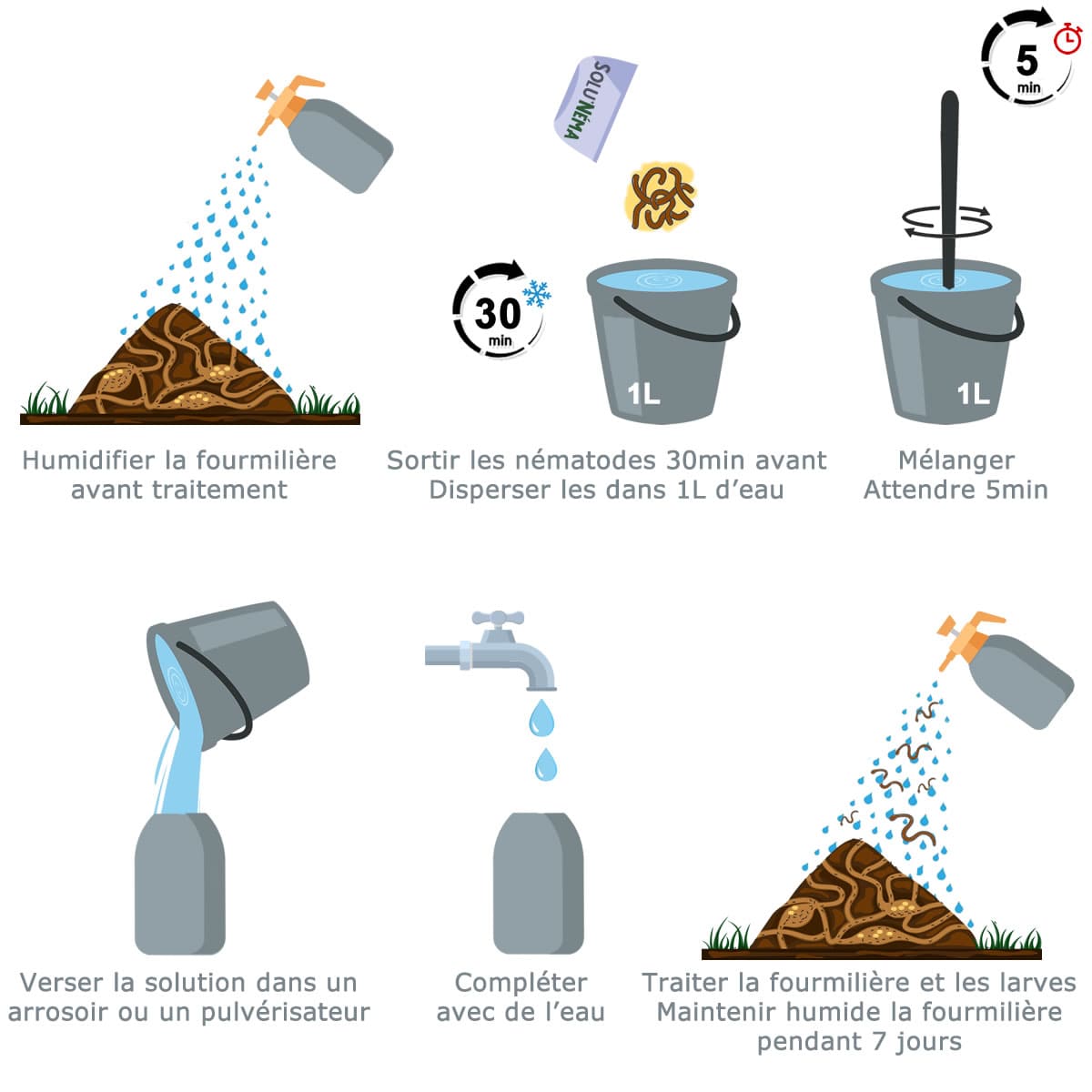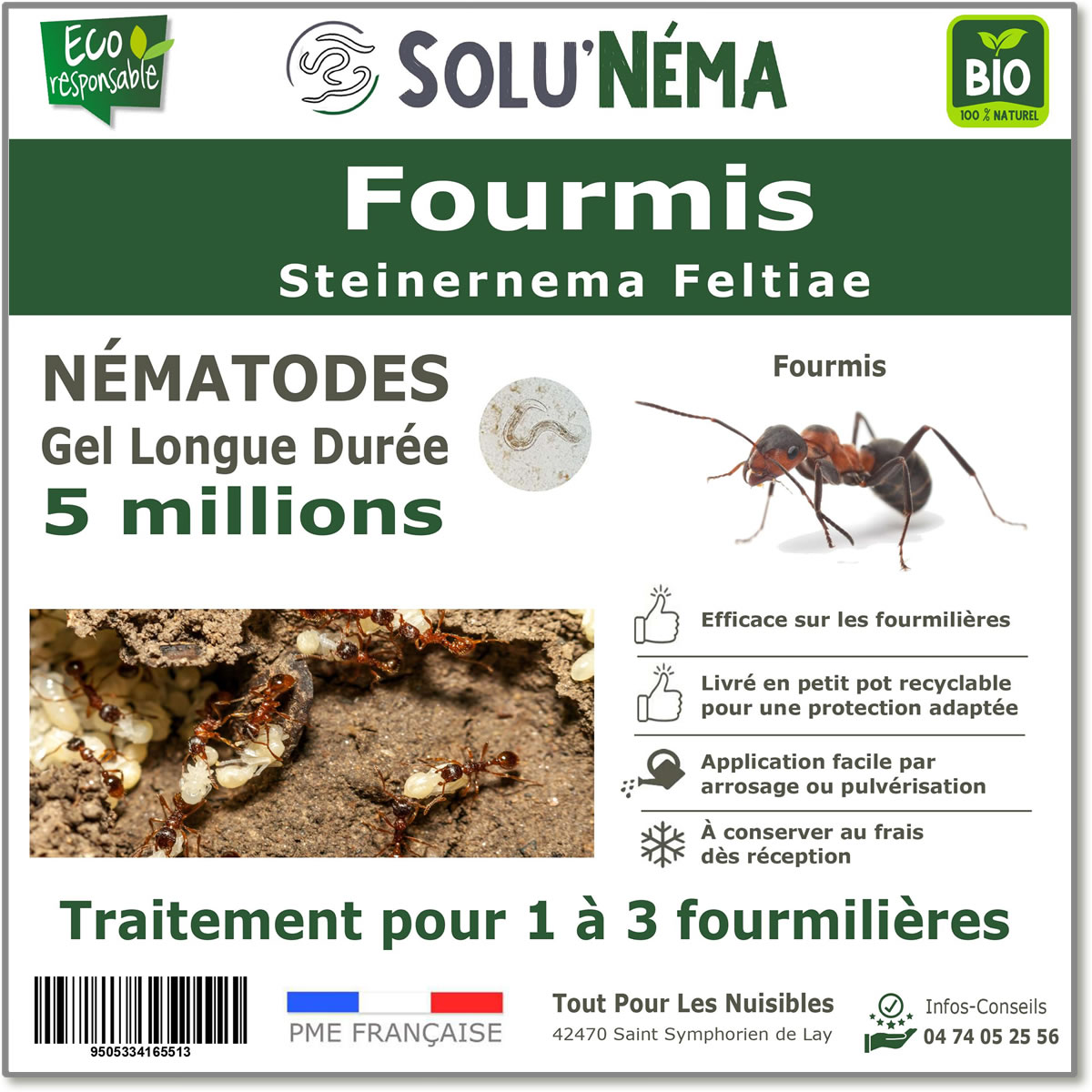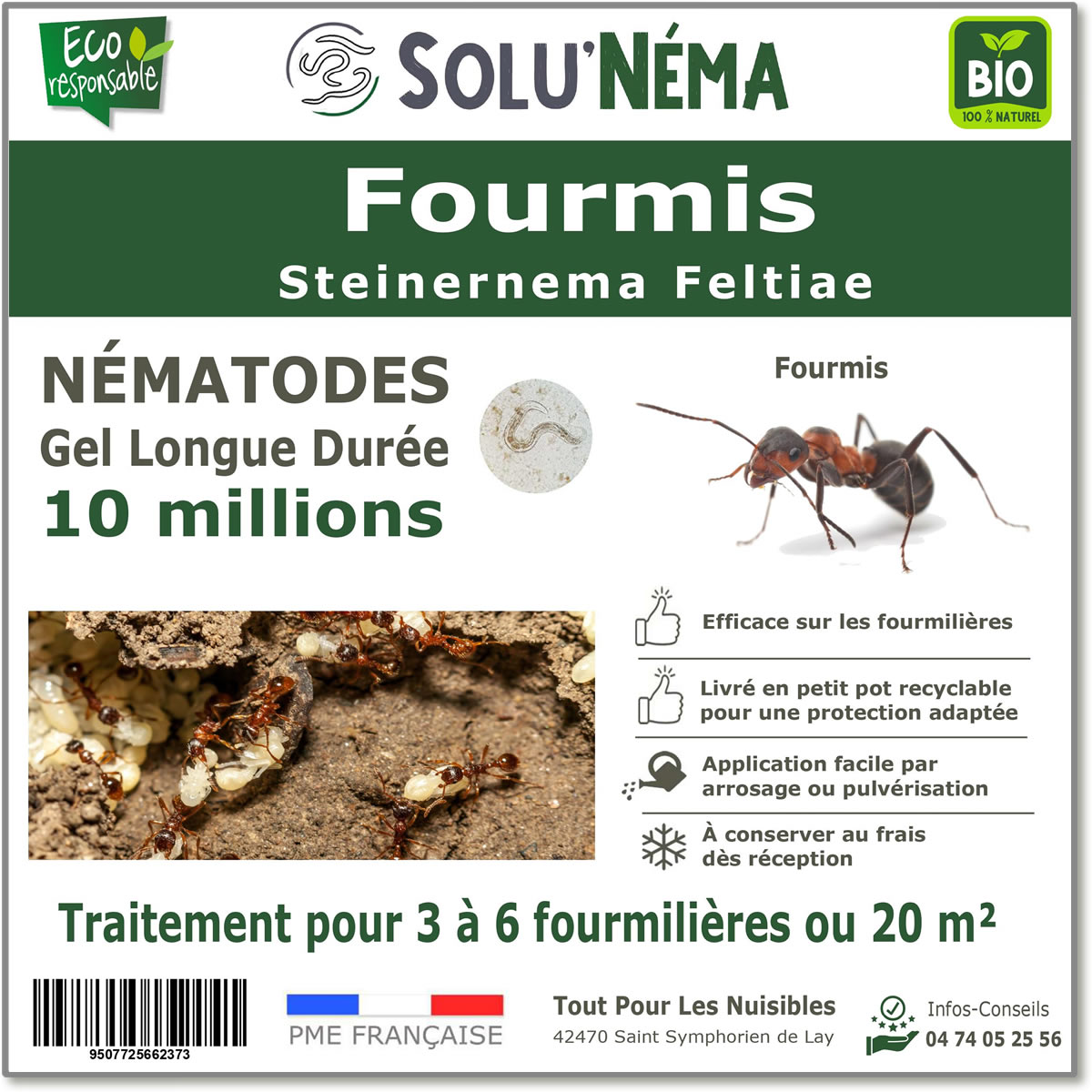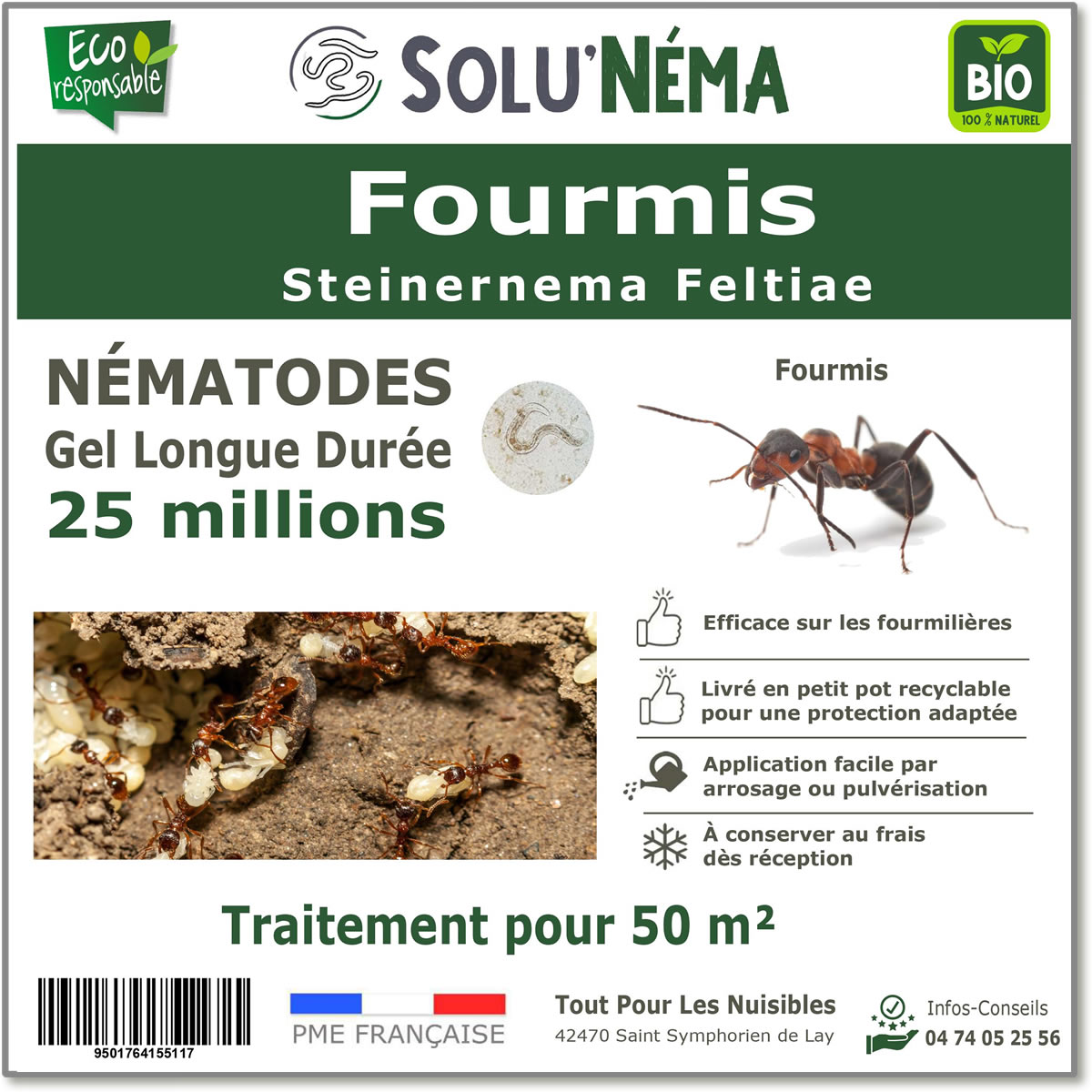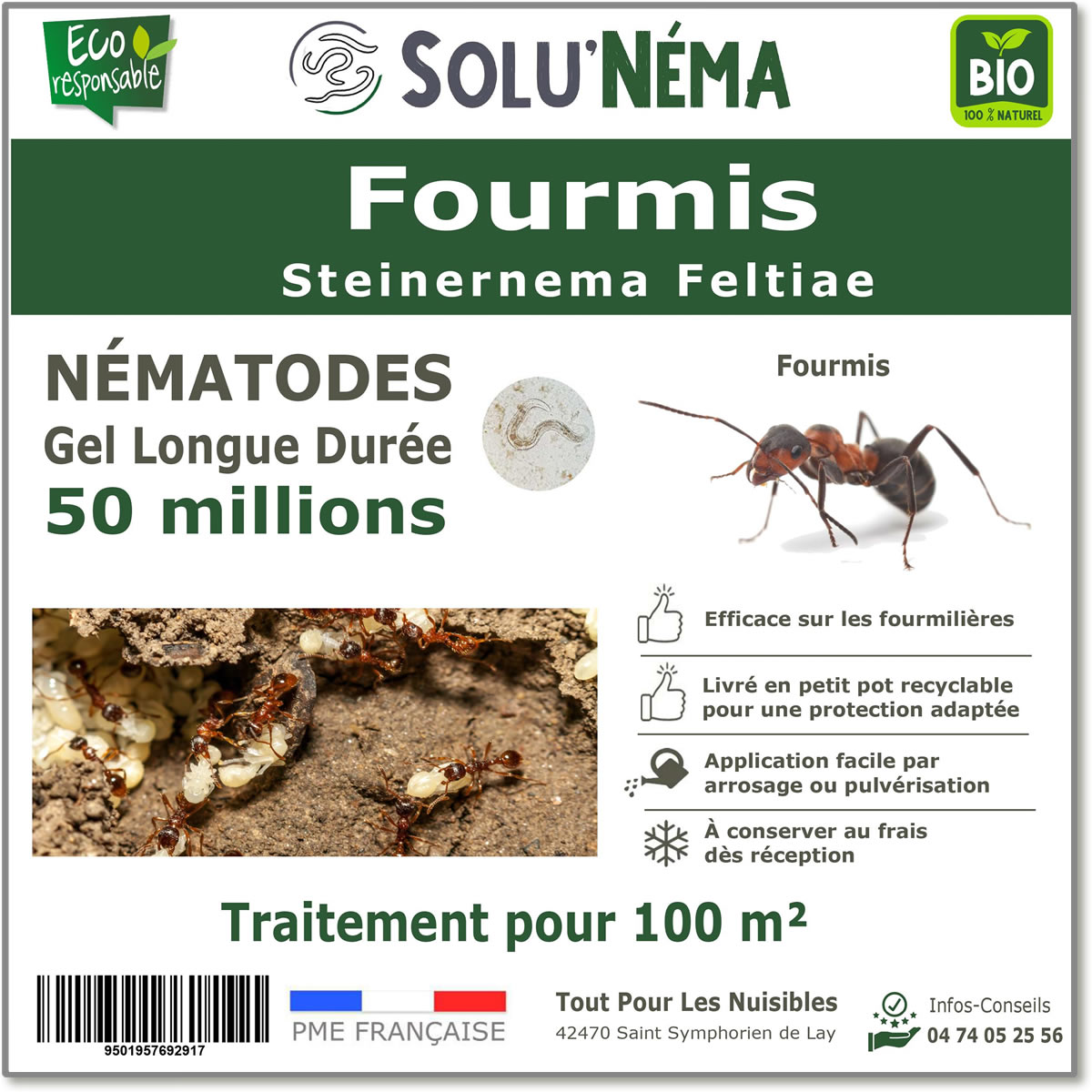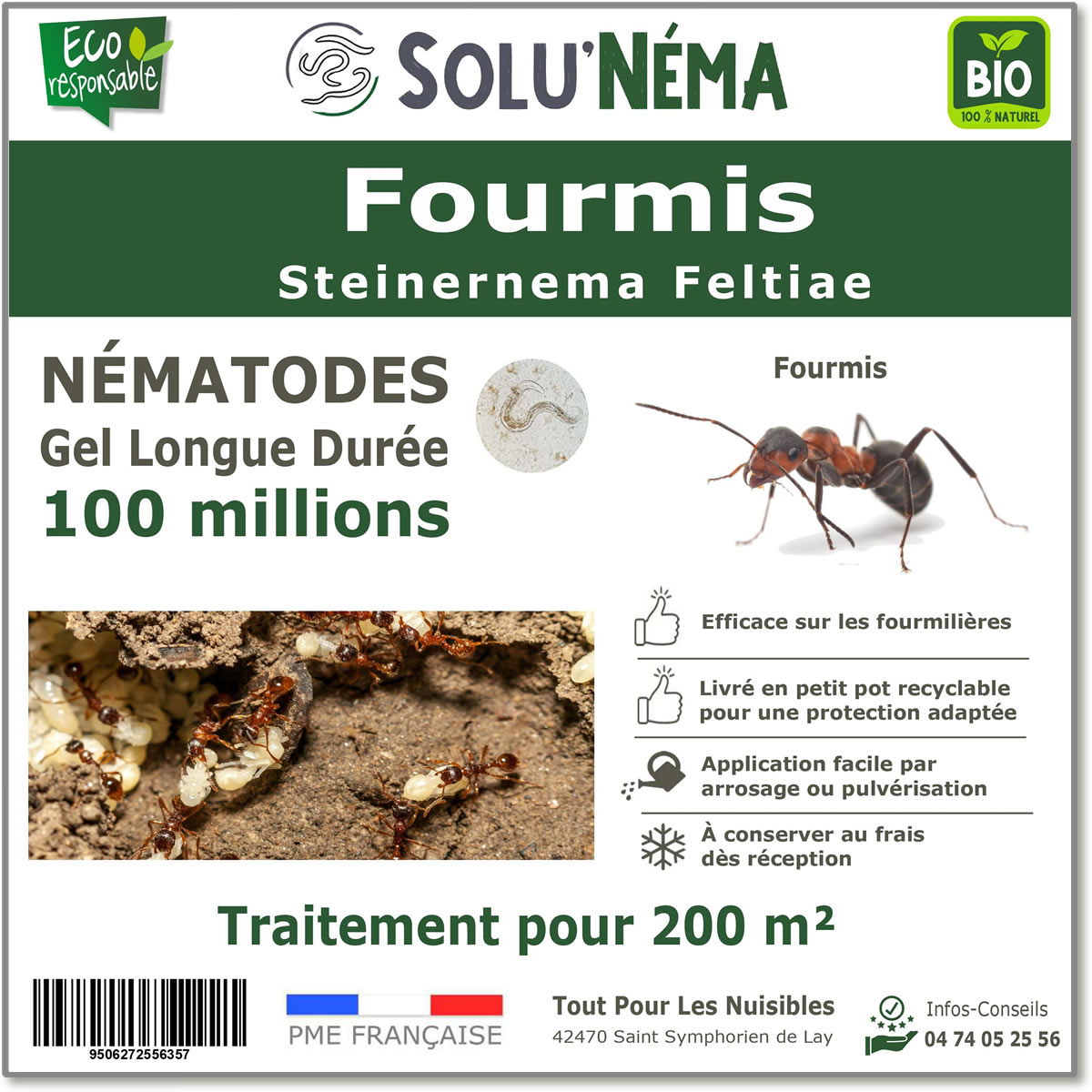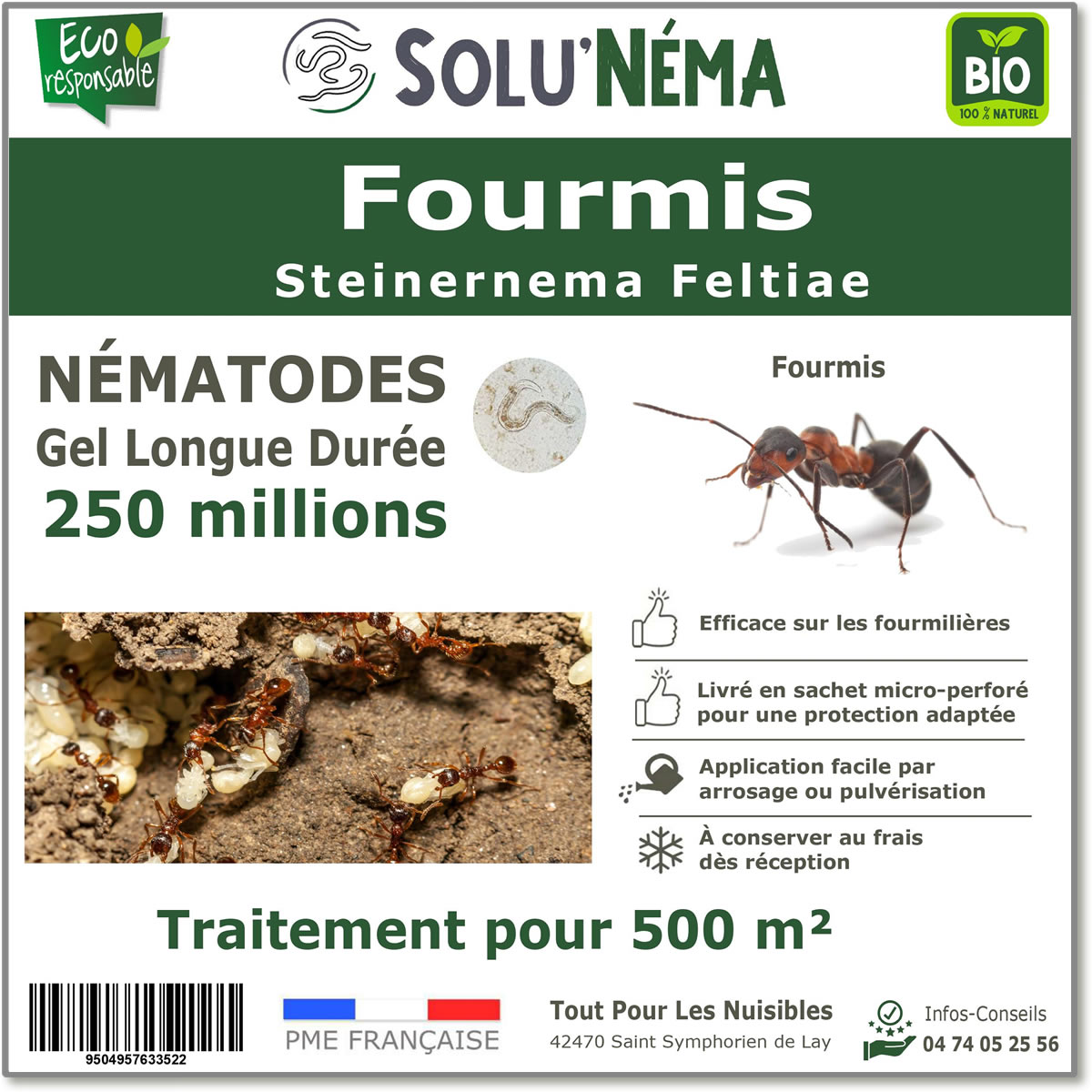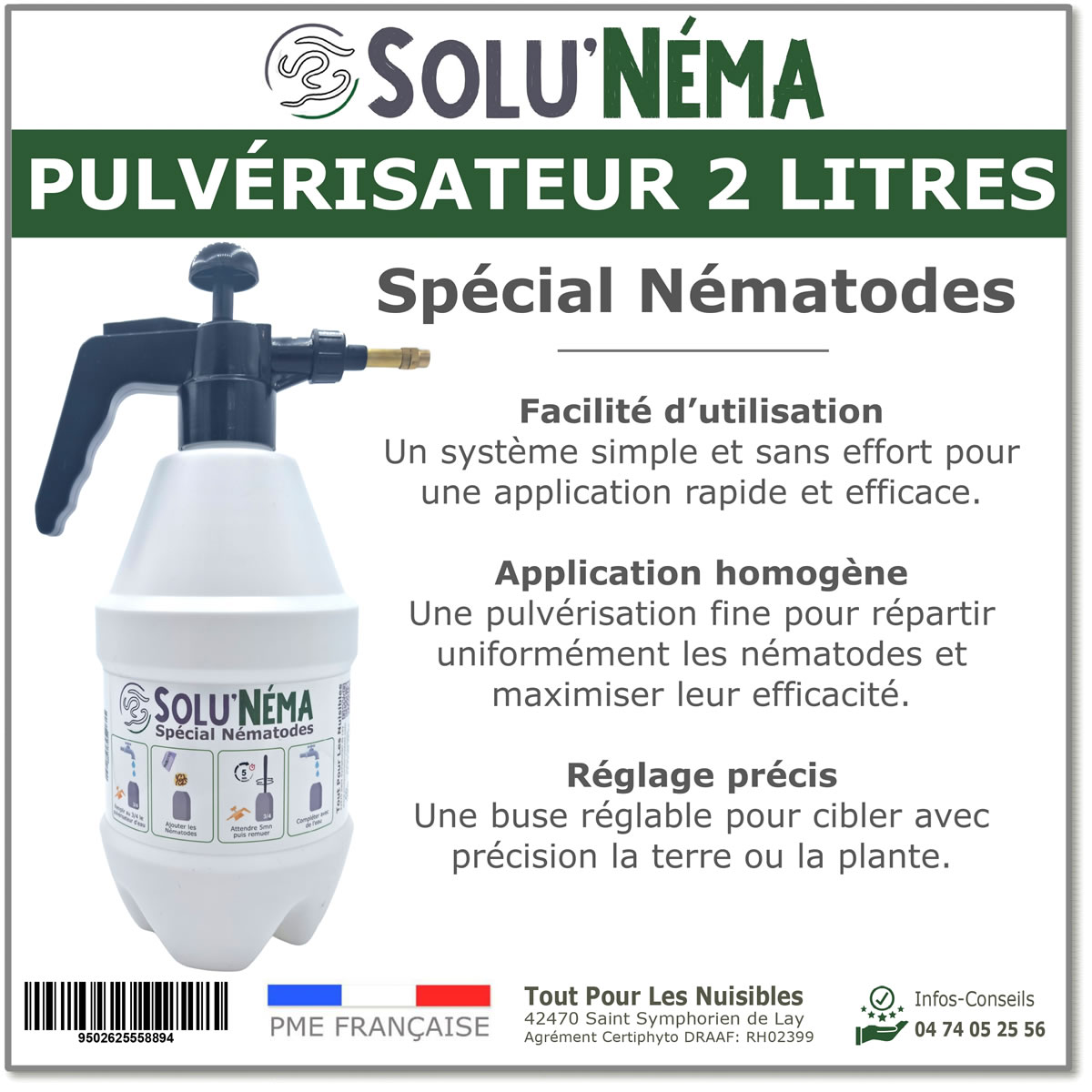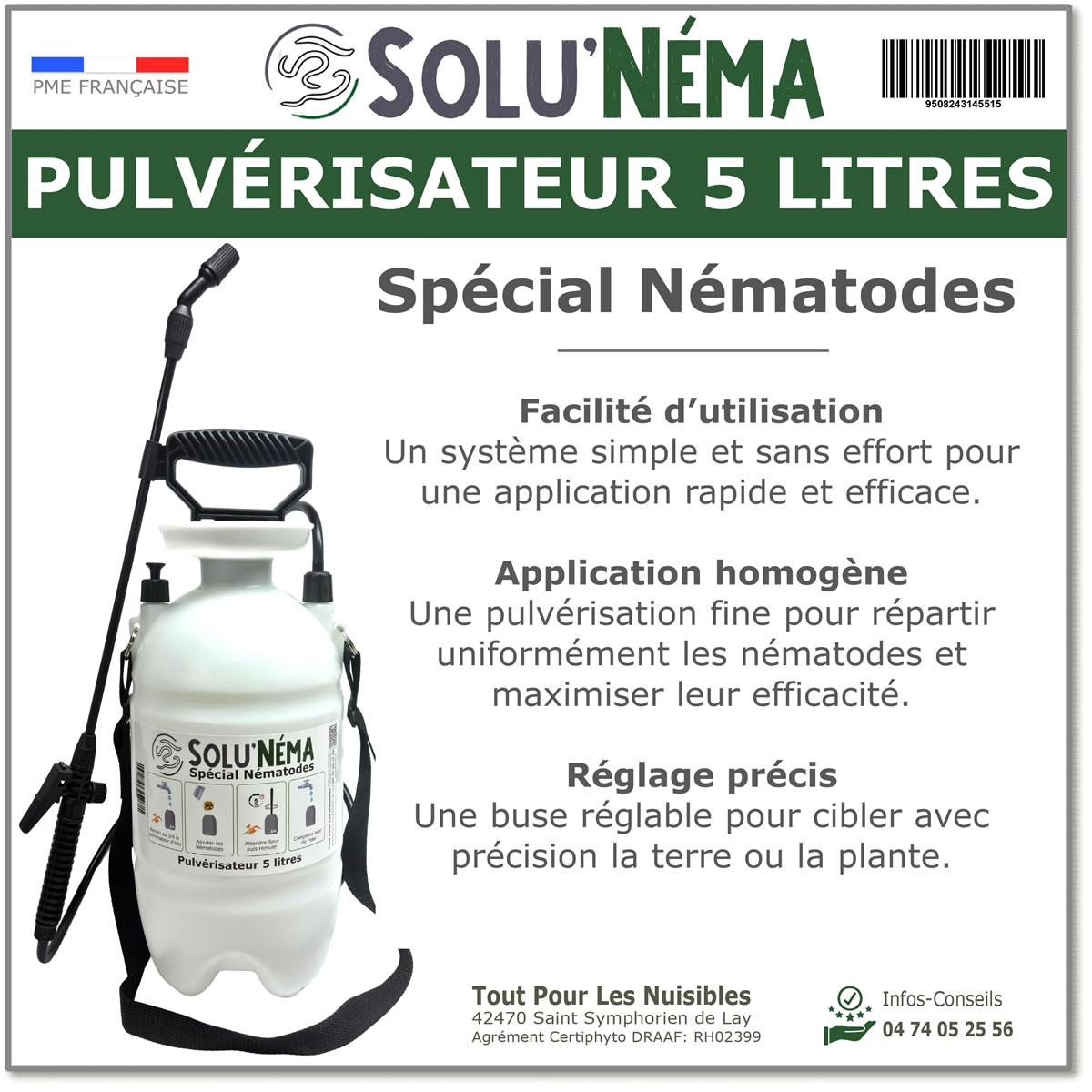SOLUNEMA - Ants - Nematodes (SF)
Treating Ants with Nematodes
Treatment based on Steinernema feltiae nematodes. These biological organisms target ant larvae and nymphs, interrupting their development cycle without harming flora and fauna.
Available from 5 to 250 million Steinernema Feltiae (SF) nematodes
From 9.90 €
Ants and anthills
Ants, although useful in the natural ecosystem, can become a real nuisance when they invade our gardens and create anthills.
These small creatures , organized in structured colonies, can disrupt the health of your plants and disturb the tranquility of your green space .
To effectively counter this problem, we offer you an environmentally friendly solution: Steinernema feltiae nematodes. These biological organisms target ant larvae and nymphs, interrupting their development cycle without harming the surrounding flora and fauna.
Easy to use and safe for plants, pets and biodiversity, our nematodes offer an ecological and sustainable alternative to chemical pesticides.
Opt for our Steinernema Feltiae nematodes for a healthy, anthill-free garden, while preserving the natural balance of your environment.
How to use nematodes to treat anthills?
1. Identify the problem
Start with a careful inspection of your garden, lawn, or borders to locate anthills. Typical signs include piles of dirt and increased ant activity. Identify whether anthills are concentrated in certain areas or scattered. This step is crucial to determine the extent of the infestation and to plan treatment effectively.
2. Preparation of nematode solution
Nematodes come in an inactive state and must be mixed with water to be activated. Use non-chlorinated water and follow the directions to get the correct concentration. The quantity of water will depend on the surface to be treated. Be sure to prepare the solution just before use to keep the nematodes active.
3. Soil preparation
The soil must be prepared to maximize the effectiveness of nematodes. Water the areas to be treated abundantly a few hours before application so that the soil is sufficiently moist. Avoid periods of drought or overly dry soil, as nematodes require a moist environment to move around and reach anthills.
4. Application by spraying or watering nematodes
For application, use a sprayer or watering can. Distribute the solution evenly over the affected areas, paying particular attention to the entrances to the anthills. If you use a sprayer, make sure it is properly adjusted to avoid harming the nematodes. Uniform coverage is essential to reach all infected areas.
5. Continue watering
After application, continue to water treated areas regularly to maintain humidity. This helps the nematodes survive and spread through the soil to reach and infect the ant larvae. Avoid excessive watering which could wash nematodes out of the treated area.
6. Monitor results
Monitor treated areas carefully in the days and weeks following application. You should observe a gradual reduction in ant activity. Note areas where activity persists, as additional treatment may be necessary. The nematodes continue to work for several weeks, providing long-lasting protection against new infestations.
How do nematodes work?
Nematodes move through the soil looking for ant larvae and nymphs to parasitize.
When they find them, they enter their body through natural channels and multiply inside, leading to their death within a few days.
Inside the host, the nematodes release a bacteria that kills the host very quickly.
This bacteria also helps turn the host into food for the nematodes. This food allows the nematodes to complete their development cycle.
Composition
86% Steinernema feltiae – 14% biodegradable inert carrier
See this product sheet
See this product sheet
See this product sheet
See this product sheet
See this product sheet
See this product sheet
See this product sheet
See this product sheet


